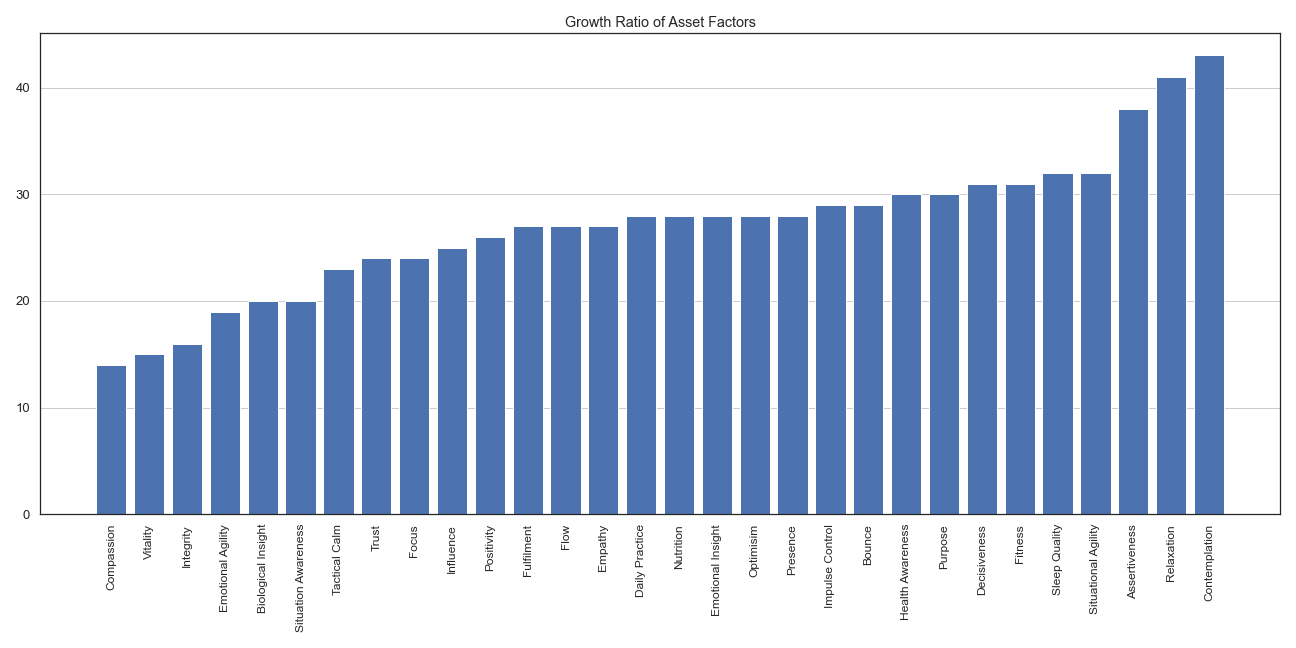
Data Behind The Human Experience During Lockdown
Data behind the human experience
In New Zealand, we have been lucky. Enjoying summer with total freedom to travel locally, we watched the world suffer through winter with second and third peaks. Perhaps we were even a little smug. We were ranked as the country with the best Covid response by Lowy Institute[1].
In February, Auckland is back in lockdown. Again, in March. How many more will be decreed? How many can we absorb and bounce forward from?
We seek to understand how people are travelling. The past six months tells an interesting story.
When we look at 60 factors of human resilience in a global population of 10,687, we discover that New Zealand (n = 1,912) is the only region where resilience scores have become progressively worse. While our overseas colleagues sustain or build resilience, ours drops progressively.

Every line has a story. In New Zealand, employed New Zealanders are feeling much more fragile – 10% in fact. This does not bode well if we face further lockdown.
[visualizer id=”35527″ lazy=”no” class=””]
Compared to similar employed populations globally, our risk factors for mental illness have increased more than in any other country. Anxiety, Worry, Sadness, Fatigue, Hostility and Rumination have all increased through these periods. Our strengths have reduced more than any country. Our Bounce, Sleep Quality, Positivity, Focus and Fulfilment have all declined.
How is this possible in the country with the best Covid-19 response? A number of authorities now challenge strict lockdowns as ineffective and risky to mental health. Stanford Medicine says no[2]. Noah Yuval Harari warns of the danger[3].
Could it be that adversity endured by other countries has stimulated them to bounce and grow?
While many organisations stop investments in people, those that invested in resilience training have seen their resilience and human factors improve markedly. All strengths increased and all risks reduced. Resilience ratios increased on average by 28%. More so for female and younger participants.

We let our data tell the story. We encourage you to reflect on what this means to you, your people and our country.
[1] https://www.stuff.co.nz/national/health/coronavirus/124075651/new-zealand-ranked-best-at-responding-to-covid19-pandemic-according-to-lowy-institute
[2] https://onlinelibrary.wiley.com/doi/epdf/10.1111/eci.13484
[3] https://www.ft.com/content/f1b30f2c-84aa-4595-84f2-7816796d6841
